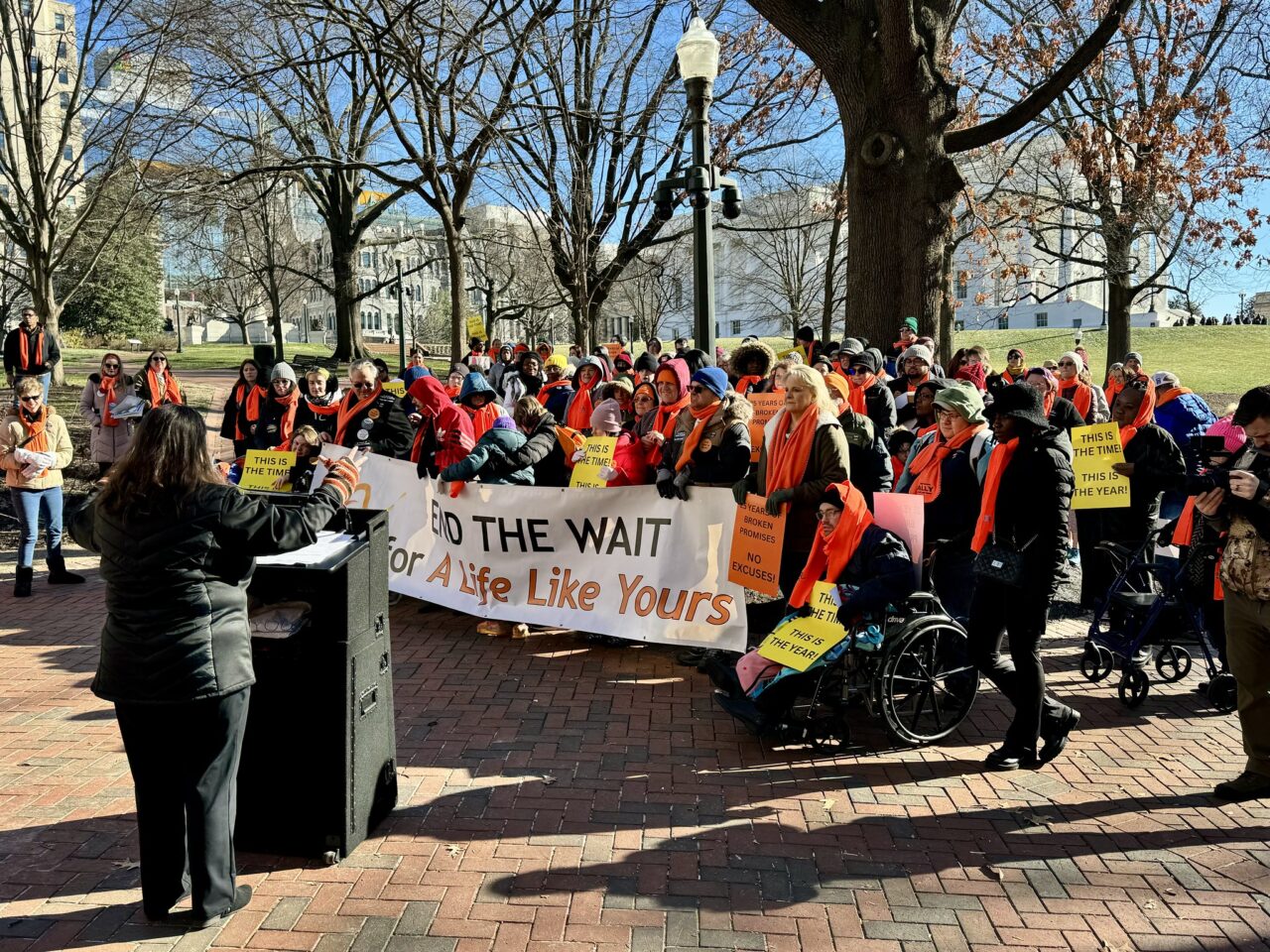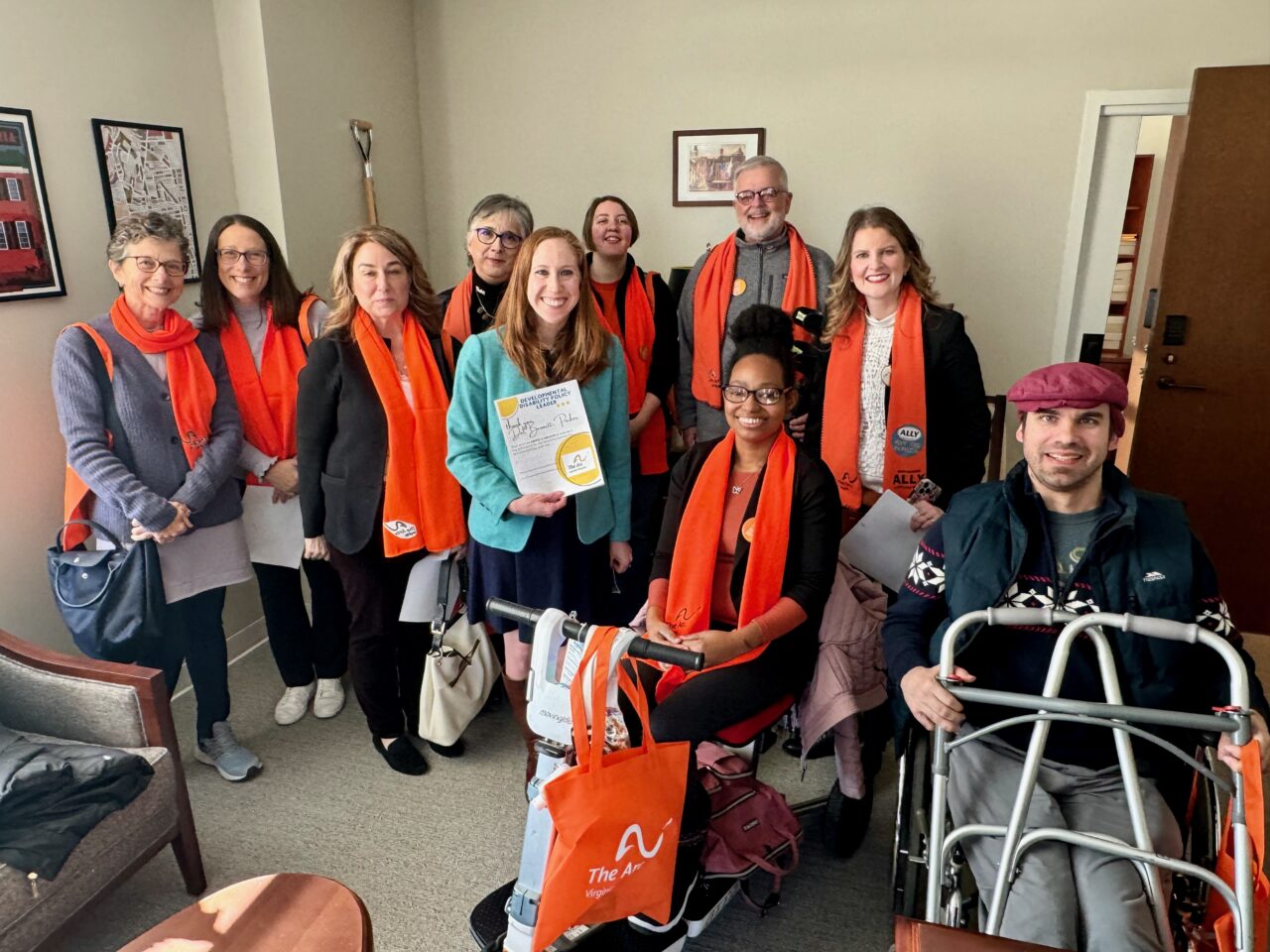Drew has severe intellectual and cognitive disabilities, as well as low vision, as a result of a rare disorder called de Morsier Syndrome. Nineteen years ago, the Thomas family was able to secure a DD Waiver, allowing them extra support and respite through care attendants. When Drew transitioned to a group home eight years ago, the waiver helped to secure a group home and day program placement that was equipped to address his complex needs with the necessary support staff.
“We still have experienced some challenges with the waiver,” Michael said, “including not being able to find care attendants or enough appropriately trained attendants. Additionally, multiple meetings and volumes of paperwork and forms are required for his support. Some things in Drew’s life will not change, and they have been well-documented as permanent, but we must continue to re-establish the need repeatedly.”
Despite those challenges, Michael says he doesn’t know what his family would do without the waiver, which has helped them in many ways. “The waiver has allowed us to live productive lives,” he said, “and more importantly it has allowed us to stay together as a family in support of our son. It is difficult to think about Drew’s quality of life and our lives without the waiver.”
Sarah Cornett is a twenty-six-year-old with Autism Spectrum Disorder and Type-1 diabetes. She works at The Arc of Northern Virginia as part of the Tech for Independent Living team, a job she enjoys very much. She credits the mentors she’s had over the years and the good special education system in Arlington for her success. Sarah has been on the DD Waivers waitlist for over five years.
“Although I live at home now, I am hoping someday to live on my own,” Sarah said. “Because of my medical needs and my disabilities, I will need continued medical insurance, therapy support, job support and accommodations, and social and recreational opportunities for a successful life.”
Her mother, Elaine Cornett, elaborated on their family’s situation.
“We’ve had our ups and downs navigating the special education system,” she said, “and her transition supports to semi-independent adulthood are ongoing. We are currently petitioning to keep her on our health insurance, and that decision is pending. That’s a frightening prospect for a person with a life-threatening chronic illness that requires expensive medication and medical equipment.”








